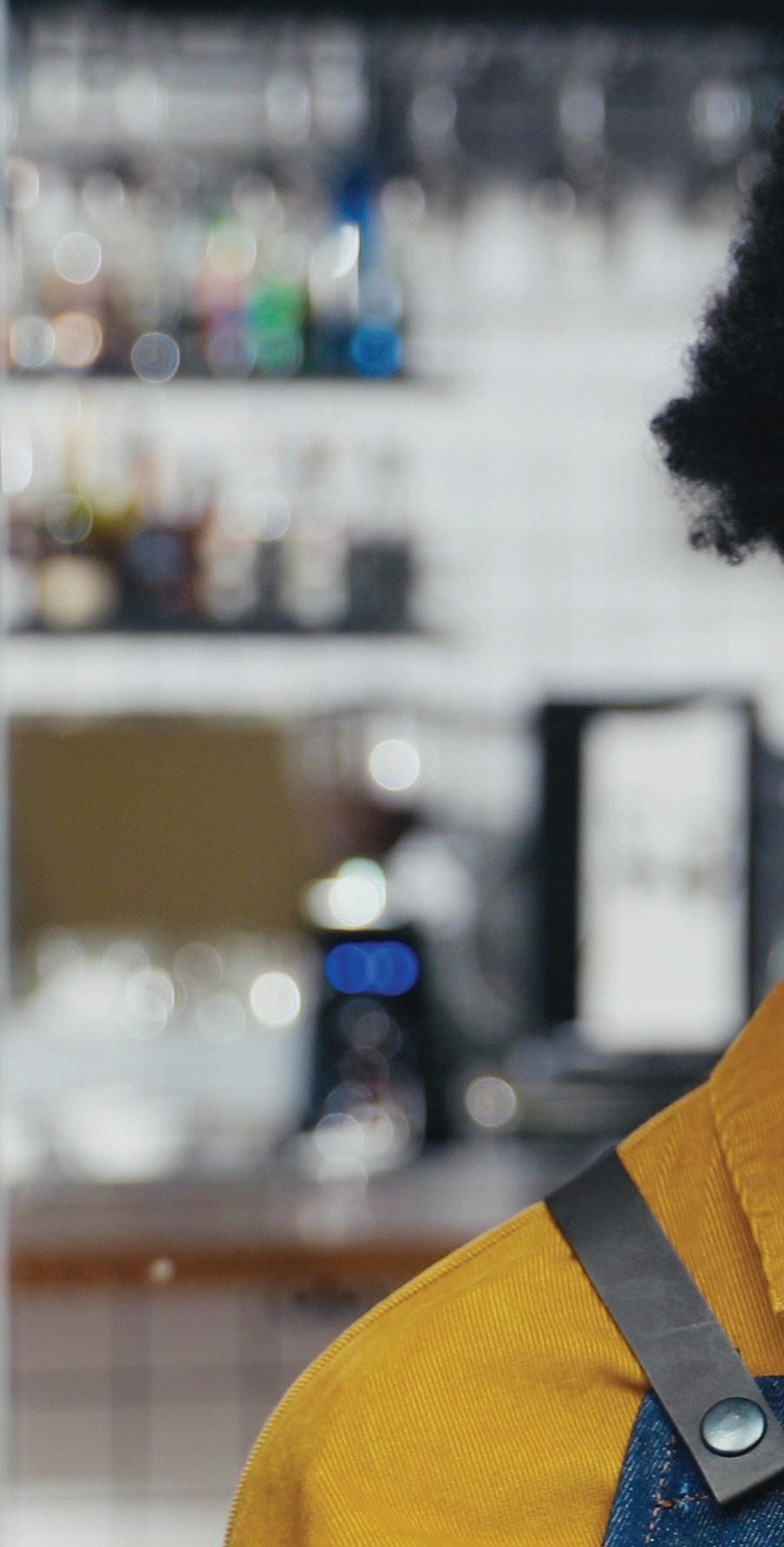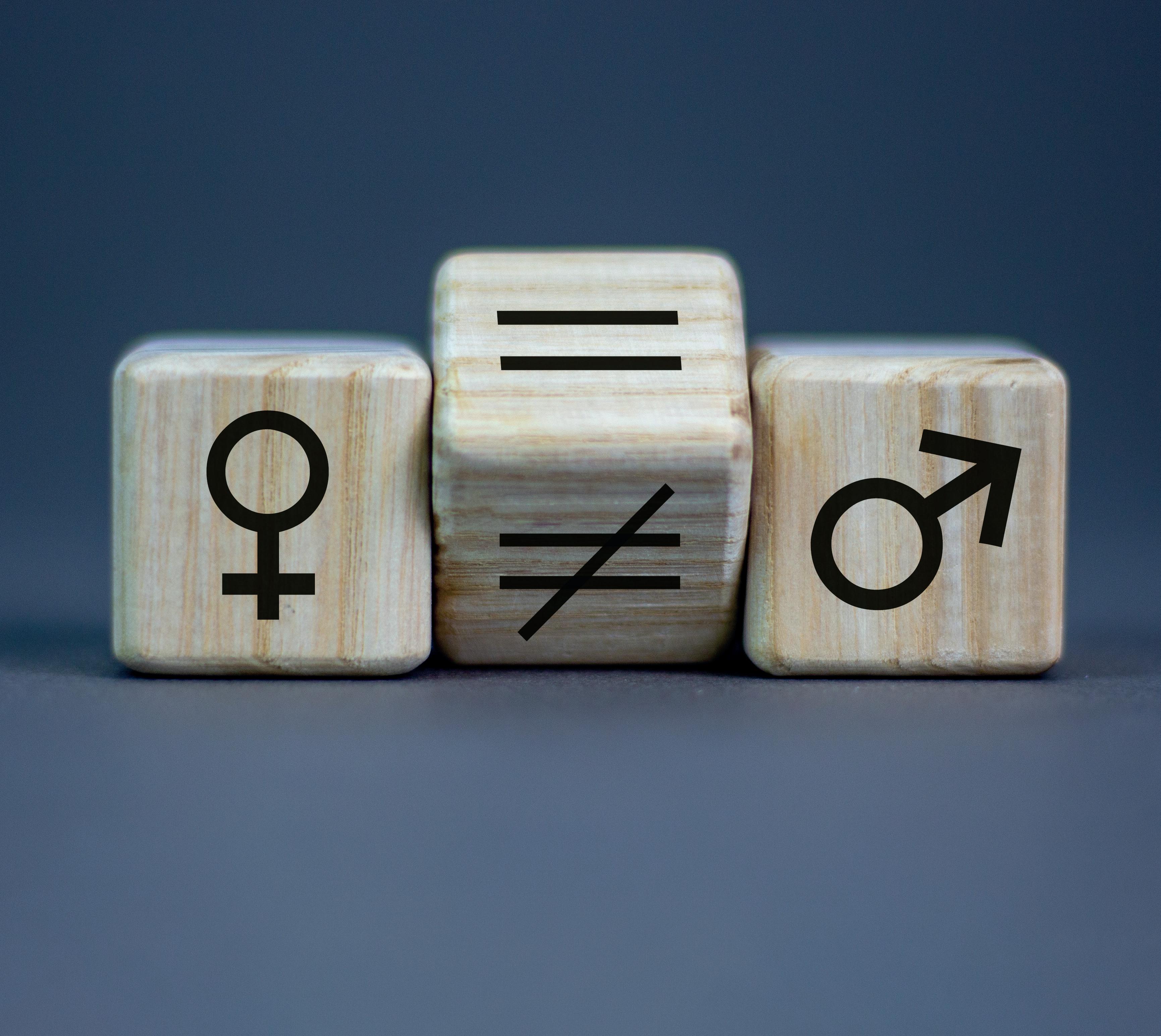
4 minute read
ECONOMY
REPOSITIONING THE ECONOMY FOR WOMEN INCLUSION
Deputy Minister in the Presidency for Women, Youth and People with Disabilities, PROF HLENGIWE MKHIZE, identifies opportunities which could guarantee women economic justice
We commemorate this 65th year of the march to the Union Buildings under extremely challenging circumstances where globally, including South Africa, the world is battling the Covid-19 pandemic. A report released by UN Women on 16 September 2020 illustrated that those who are employed in sectors such as hospitality and tourism have been particularly devastated by this widespread disease. And, invariably, it is women who will bear the brunt of this economic and social disruption.
Women in South Africa struggled for gender equality side by side with men, from the colonial to the apartheid era. They mobilised for activism from as early as 1913, initiating resistance against the pass laws, a struggle that culminated in the 1956 Women’s March when 20 000 women marched to the Union Buildings to protest against the racist pass law system. This year we commemorate Women’s Month under the theme: “The Year of Charlotte Mannya-Maxeke: Realising Women’s Rights”. This theme is clearly crucial at this stage where we are repositioning and rebuilding the economy for the better, ensuring that nobody is left behind. Women’s socio-economic rights, in particular, can no longer be a second thought but should be part of the initial design of our big projects meant for economic recovery.
One of the priorities of 2021 focuses on the implementation of economic reforms to create sustainable jobs and drive inclusive growth. There must be equal representation of men and women in the high performing sectors such as the green economy, manufacturing, agriculture, IT, ICT, infrastructure building and engineering. McKinsey released a report on 19 May 2020 titled Diversity wins: How inclusion matters, which states that the greater the representation, the higher the likelihood of outperformance. In this instance the inclusion of women will definitely have an impact on the GDP on the country. It is important that as we rebuild our economy, especially as we recover from the devastating effects of the Covid-19 pandemic, we put women in the centre of our economic reform. As His Excellency President Cyril Ramaphosa said when making the acceptance statement on assuming the Chair of the African Union for 2020, “We have to find more practical and sustainable ways of empowering the women of our continent: ways that go beyond the clichés and pronouncements made from podiums as we are wont to do.” Through the District Development Model, we have an opportunity to ensure that women – young and old, members of the LGBTIA+ community, and rural women – equally benefit from identified opportunities which could guarantee us economic justice, such as:
FINANCIAL INCLUSION
Access to finance increases the likelihood of owning or accessing productive assets, which has a bearing on women’s
productivity and economic participation. Partnerships between financial institutions and communities will help us break all barriers hindering women’s access to finance, especially those in rural areas.
PUBLIC PROCUREMENT
South Africa has taken a clear position that 40% of public procurement should go to women-owned businesses. This financial year, government’s consolidated spending on goods and services is R279.5-billion. Forty percent of this total, R111.8-billion, is set aside for business opportunities between government and women-owned businesses.
EQUAL PAY FOR EQUAL WORK
As UN Women reports, in 2020 the global gender pay gap stood at 16%, which means that women workers earn an average of 84% of what men earn.
The gap is even greater for women of colour, immigrant women, and women with children. It is for such reasons that the President and Vice President of the USA proclaimed 24 March a National Equal Pay Day in America.
COOPERATIVES
Women in cooperatives need to be well resourced fi nancially so as to be able to economically participate throughout the value chain.
SMMES AND INCENTIVE SCHEMES
Adequate funding of SMMEs cannot be overemphasised as that is a critical entry-point to any economy.

LEVERAGING OPPORTUNITIES IN THE AFRICAN CONTINENTAL FREE TRADE AREA (AFCFTA) AGREEMENT
In 2018, at the 10th Extraordinary Summit of the AU almost all African countries signed the AfCFTA, thereby creating the largest free trade area in the world. The vast AfCFTA regional market provides opportunities for women to benefi t directly and indirectly from the trade opportunities created by the AfCFTA Agreement.
DIGITAL TRANSFORMATION
The abundance of technological tools and special applications have the potential to fast-track women inclusion in the economy. Innovations call for strong partnerships amongst professionals, businesspeople and the telecoms sector. Our bias must be towards highly skilled younger women; there must be an aggressive effort to include them in business partnerships. We need to seize this opportunity of “Build Back, Better”, as said by Dr Phumzile MlamboNgcuka, in this new normal. And foster greater equality in the labour market, boost economic growth, and build a more diverse and inclusive world, through digital technology.

PROF HLENGIWE MKHIZE
DEPUTY MINISTER IN THE PRESIDENCY FOR WOMEN, YOUTH AND PEOPLE WITH DISABILITIES










